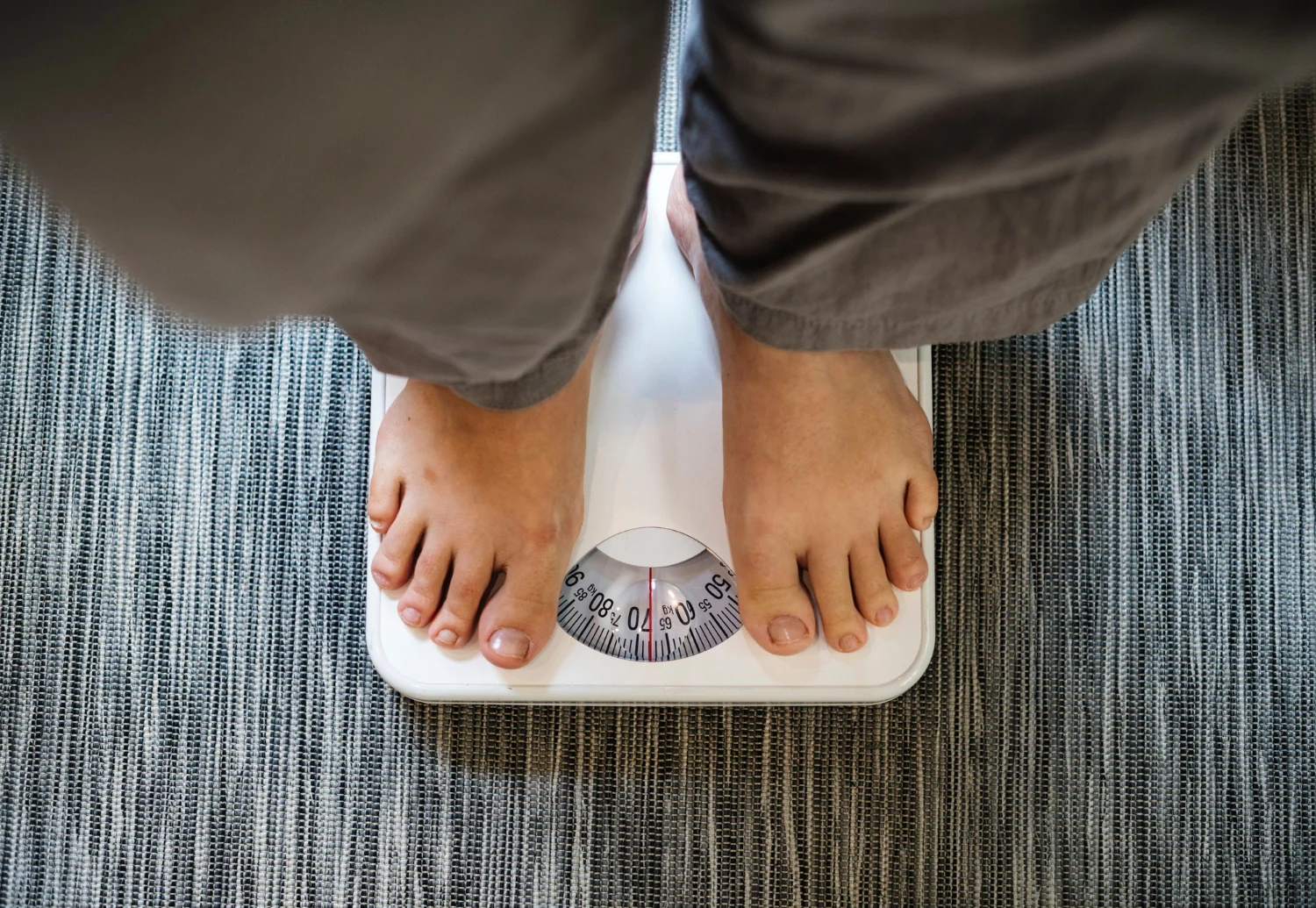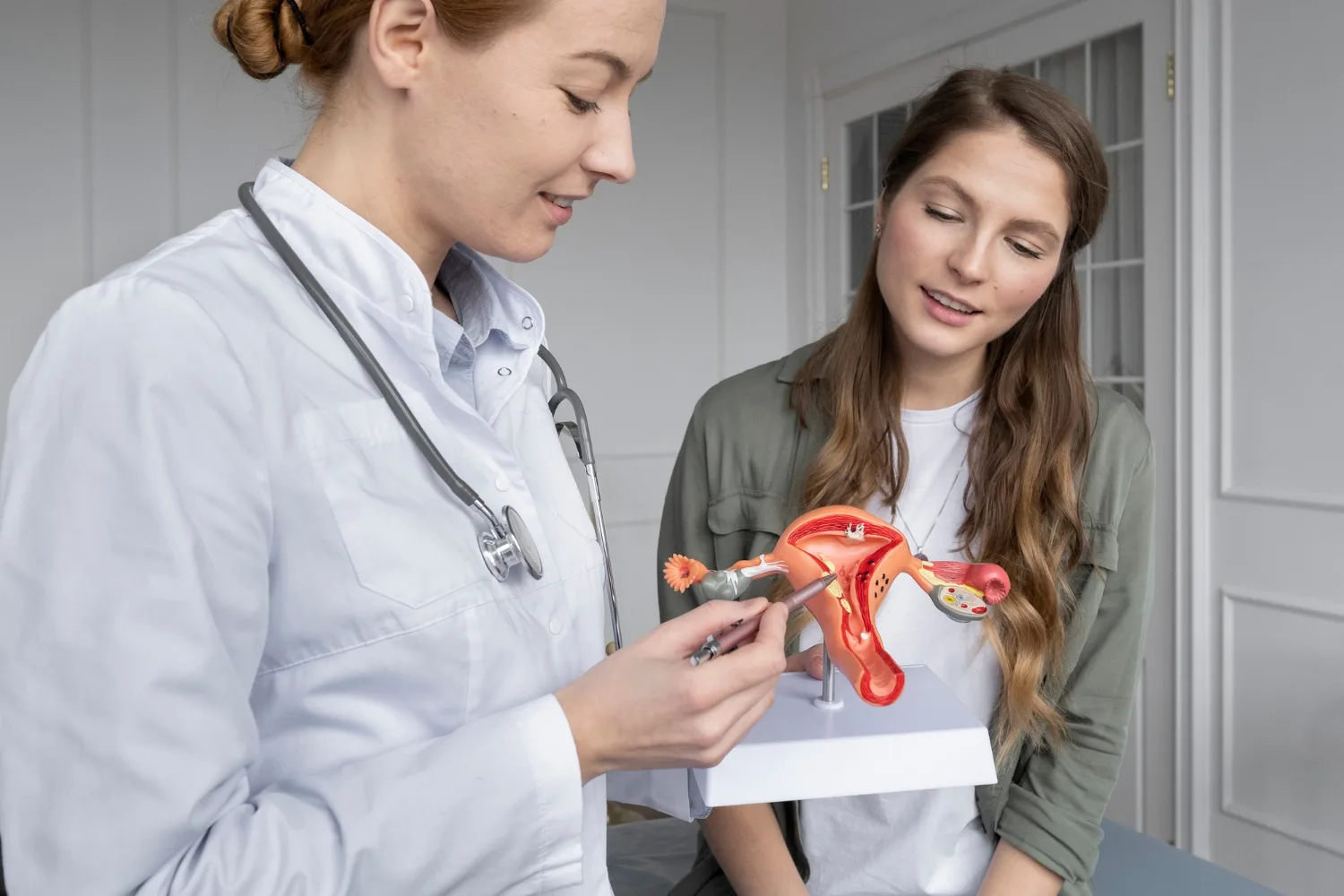What Is The Reason For Irregular Periods?
Category: Gynecology & Women’s Health
Irregular periods are one of the most common yet misunderstood health issues faced by women across all age groups. Whether you're a teenager just starting your menstrual journey or a woman approaching menopause, experiencing irregularities in your cycle can cause confusion, discomfort, and anxiety.
While occasional fluctuations are considered normal, persistently irregular periods could indicate an underlying health condition that requires medical attention. The good news? Most menstrual disorders are treatable with timely diagnosis, lifestyle changes, and expert care.
When it comes to trusted women’s health and gynecology services, Lokmanya Hospital stands out as a leader in Pune and across Maharashtra. With state-of-the-art diagnostic tools, advanced gynecological treatments, and personalized care, Lokmanya has earned a reputation for offering the best women's healthcare services in Pune, including effective treatment for irregular periods.
What Are Irregular Periods?
A typical menstrual cycle lasts between 21 and 35 days, and the period itself usually continues for 2 to 7 days. When your cycle consistently falls outside this range—whether it’s too short, too long, or completely unpredictable—it is considered irregular.
Irregular periods are medically known as oligomenorrhea or amenorrhea (absence of periods), depending on the specific pattern and duration of the irregularity.
What Causes Irregular Periods?
Understanding the reasons behind irregular menstruation is the first step toward finding the right solution. Let’s break down the most common causes:
1. Hormonal Imbalance
Hormones like estrogen and progesterone regulate the menstrual cycle. Any disruption in their levels can lead to irregular periods.
- Thyroid disorders, polycystic ovary syndrome (PCOS), or high levels of prolactin are often linked to cycle irregularities.
- Conditions like perimenopause or puberty can naturally cause hormonal fluctuations.
When to worry: If your cycles are irregular for more than three months, it’s time to consult a specialist.
2. Polycystic Ovary Syndrome (PCOS)
One of the most searched causes of irregular periods is PCOS, a hormonal disorder where small cysts form on the ovaries, affecting ovulation.
- Common symptoms include irregular periods, acne, excessive hair growth, and weight gain.
- PCOS is also one of the leading causes of infertility in women but can be effectively managed with lifestyle changes and medication.
3. Stress and Mental Health
Chronic stress affects the hypothalamus, the brain region responsible for regulating hormones. Emotional distress, anxiety, or even trauma can delay or skip your period.
- High stress levels can interfere with ovulation, leading to missed or late periods.
4. Excessive Exercise or Sudden Weight Changes
Athletes or women who engage in intense physical activity often experience irregular or missed periods.
- Similarly, rapid weight loss or gain affects hormonal levels, disrupting the menstrual cycle.
- Eating disorders like anorexia or bulimia also lead to irregularities.
5. Thyroid Disorders
An overactive (hyperthyroidism) or underactive (hypothyroidism) thyroid can significantly affect your menstrual cycle.
- Common symptoms include fatigue, hair loss, weight changes, and irregular periods.
- Early diagnosis and treatment can restore normal cycles and improve overall health.
6. Uterine and Reproductive Health Conditions
Structural issues like fibroids, polyps, or endometriosis can lead to heavy, painful, or irregular periods.
- These conditions may also cause pelvic pain, heavy bleeding, or bleeding between periods.
- Surgical or medical interventions may be necessary, and Lokmanya’s gynecology experts are well-equipped to provide advanced care.
7. Birth Control and Medications
Certain hormonal contraceptives—like birth control pills, IUDs, or implants—can lead to irregular bleeding patterns, especially in the first few months.
- Some medications for blood pressure, mental health, or chemotherapy can also affect your cycle.
What Are the Symptoms of Concern?
You should consult a gynecologist if you notice any of the following:
- Periods that are very light, very heavy, or completely absent
- Bleeding between periods
- Severe menstrual cramps
- Periods that last more than 7 days
- Symptoms of anemia like fatigue or shortness of breath
- Irregular periods along with weight gain, acne, or facial hair
Why Regular Periods Matter
Your menstrual cycle is more than a monthly inconvenience—it’s a window into your overall health. Irregular periods may signal underlying issues such as diabetes, PCOS, thyroid problems, or even early signs of infertility.
Early diagnosis = easier treatment.
That’s why regular gynecological check-ups, accurate diagnostics, and personalized care are essential for every woman.
Why Choose Lokmanya Hospital for Menstrual Health?
At Lokmanya Hospital, we understand that irregular periods are not just a physical issue—they affect your emotional well-being, fertility, and long-term health. That’s why we offer comprehensive gynecology and reproductive health services under one roof, making us one of the best hospitals in Pune for women’s health.
With expert gynecologists, advanced diagnostic facilities like hormonal profiling, ultrasound, and minimally invasive surgeries, Lokmanya ensures that each patient receives the most accurate diagnosis and personalized treatment plan.
Final Thoughts: Take Charge of Your Menstrual Health
Irregular periods can be a symptom of something more serious—but they can also be corrected with the right care. From PCOS and thyroid problems to lifestyle stress, the causes are varied but manageable. Don't ignore the signs your body is giving you.
If you're experiencing irregular menstrual cycles, book a consultation with our women's health specialists at Lokmanya Hospital, Pune. Take the first step toward balanced hormones, better health, and peace of mind.
FAQs
1. Why do I have irregular periods but no other symptoms?
It could be due to stress, diet, or early signs of PCOS. Consulting a doctor is the safest way to rule out underlying conditions.
2. What age is normal for periods to become irregular?
Periods may become irregular during puberty and perimenopause. If you're under 40 and facing irregularities, medical advice is recommended.
3. Can I get pregnant with irregular periods?
Yes, but it may be more difficult to predict ovulation. Ovulation tracking and treatment options can help.
4. How are irregular periods treated?
Treatment depends on the cause. Lifestyle changes, hormone therapy, or medications like metformin (for PCOS) may be prescribed.
5. When should I see a doctor for irregular periods?
If your cycle has been irregular for 3+ months, or you notice other symptoms like weight gain, acne, or fatigue, visit a gynecologist immediately.
Dr. Mamta Parade
- MBBS, DGO, DNB, FMAS, DMAS
Laparoscopic Surgeon Obstetrics and gynecologist Consultant






